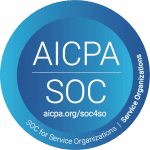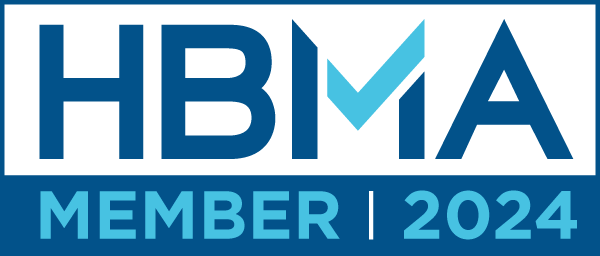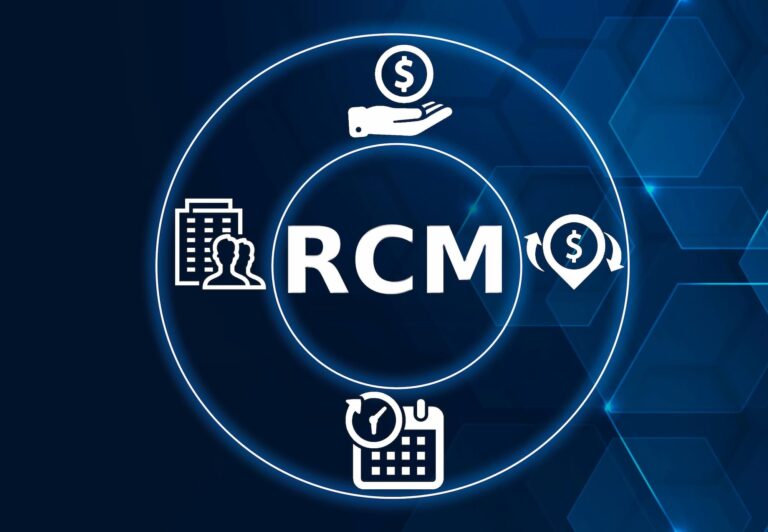Optimizing Practice Revenue in 2024
It Starts with Revenue Cycle Management Technology
Inflation, higher patient deductibles, more complex regulations, and payer requirements all promise to make 2024 more challenging for the healthcare industry as a whole and medical practices in particular. Now more than ever efficient management, continuous optimization, and leveraging external expertise are needed to assure financial viability and set your practice on the path to future sustainability.
One key solution for these challenges is the investment in Revenue Cycle Management (RCM) technology. Like electronic health records, RCM has migrated from ‘should have’ to ‘must have’ in healthcare’s fast-moving landscape. RCM technology provides a systematic approach to tracking patient care episodes from registration and appointment scheduling to the final balance payment. By integrating RCM into your practice, you’ll be better equipped to navigate the intricacies of healthcare billing and payments, reducing time to cash in claims processing, increasing the accuracy of billing and coding, and improving the overall admin efficiency of your practice.
Change is often accompanied by uncertainty, so it’s imperative to partner with an expert in integration, training, and new measures in payer and patient engagement to fully exploit the benefits of RCM technology. Then, as you navigate the waters of Revenue Cycle Management best practices, you’ll capture the full benefits of Artificial Intelligence (AI), improved patient financial experience, and the clarity of data analytics.
Improve Claim Accuracy and Claim Submission
Artificial Intelligence (AI) is poised to revolutionize healthcare systems by streamlining many tedious tasks that currently consume valuable staff time. From scheduling appointments to processing claims, AI can automate many tasks, reducing the workload of your staff. This automation allows your staff to focus on more rewarding work, such as patient care and strategic planning. It enhances job satisfaction among your staff, increases overall productivity, and leads to better patient care. Beyond task automation, AI can also significantly reduce errors in billing and coding. This reduction in errors can lead to substantial cost savings, directly impacting your bottom line positively. As an example, PHIMED PhyGeneSys Robotic Process Automation validates accurate coding and patient eligibility, helping reduce frustrating and time-consuming rework.
Address High-Deductible Health Plans (HDHP)
According to a study by Valuepenguin, the rate of consumers enrolled in high-deductible health plans jumped for the eighth year in a row to a record 55.7%. With patients grappling with higher deductibles, there’s an escalating need for transparency in healthcare costs. Patients need to understand their financial responsibilities, the costs of their care, and their payment options. Improving billing transparency and patient financial communication can greatly enhance patient satisfaction. All this is made possible by RCM technology, such as PhyGeneSys. A positive patient financial experience can facilitate long-term patient relationships, contributing to patient retention and loyalty. It can turn patients into advocates for your practice, leading to word-of-mouth referrals and increased patient volume.
Make Evidence Driven Improvements
Lastly, analytics, particularly Key Performance Indicator (KPI) analytics, play a critical role in continuous improvement. Analytics provide insights into your practice’s financial health, enabling you to make informed decisions to enhance efficiency and profitability. By leveraging KPI analytics, you can identify areas for improvement, track progress, and make data-driven decisions. You can understand how your practice is performing, where you’re falling short, and what you need to do to improve. This data-driven approach ensures that your decisions are based on evidence, not assumptions, leading to better outcomes.
In conclusion, the financial challenges for healthcare practices are set to intensify in 2024. However, with the right strategies and technologies, practices can not only overcome these challenges but also thrive in the face of them. PHIMED PhyGeneSys and our support team stand ready to assist, providing the essential tools and expertise needed to navigate the increasingly complex landscape of healthcare finance. By embracing AI, prioritizing patient financial experience, and leveraging analytics, healthcare practices can transform these challenges into opportunities for growth and sustainability.









